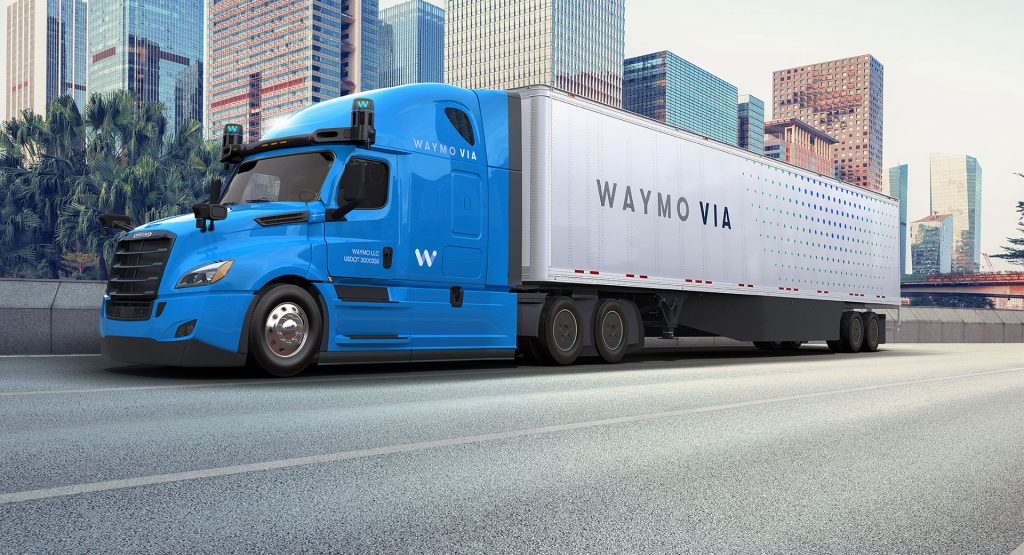In a significant breakthrough for autonomous driving tech developers, California Governor Gavin Newsom has vetoed a bill that threatened to prevent heavy-duty trucks from operating in the state without human oversight.
The concept of autonomous trucks is nothing new, but, fuelled by a driver shortage across the U.S., many are hoping that the advent of self-driving tech could ease pressure on the haulage industry. Equally, some worry about what robotic trucks would mean for those with jobs.
Despite the labor-backed Assembly Bill 316 passing with a heavy majority in both houses of the state legislature, Reuters reports that Newsom concluded it was unnecessary. In a veto message, he said, “Considering… the existing regulatory framework that presently and sufficiently governs this particular technology, this bill is not needed at this time.”
Related: Autonomous Trucks Could Replace 90% Of Humans On Long-Haul Routes

Before it was rejected, union leaders had urged Newsom to sign the bill. The International Brotherhood of Teamsters claims that autonomous trucks would not only lead to job losses but that some trucks – particularly those weighing over 80,000 pounds – would prove hazardous. The bill would have kept trained drivers in the cabin to oversee autonomous trucks, which is said to have been one way to stop job losses.
The Californian Labor Federation head, Lorena Gonzalez Fletcher, is quoted by ABC News saying they expect the veto to cost Californians 250,000 jobs. There are roughly 200,000 commercial drivers in the state, according to Teamsters.
Those who were against the bill argued that having humans present would hamper the chances of moving towards fully autonomous goods hauling. The development of autonomous vehicles has proved to be tougher than expected for most, with multiple companies either laying employees off or shuttering completely.
Opponents of the bill argued that driverless vehicles are already present in the state and have produced fewer accidents than those operated by humans. The business case is strong, too, with the state being a prime area to test out self-driving tech for haulage. In his veto message, Newsom said that any regulations framed by the Department of Motor Vehicles would be transparent, with inputs from stakeholders and experts to ensure safety.




